Cheers to International Sauvignon Blanc Day, which for the last 8 years has been celebrated the first Friday in May. Or is it April 24? Actually I’ve seen both days touted as Sauvignon Blanc Day, but since the May date has been around for almost a decade, social media guru Rick Bakas says this is the date, and the entire country of New Zealand has over two weeks of celebrations leading up to this designated day, I’m going with this one. But I mean, heck it’s not a bad deal to drink Sauv Blancs both days or even for the 2 weeks between the days. Either way, you’re #winning.
Like so many other international varieties, Sauvignon Blanc hails from France, particularly the Loire Valley and Bordeaux. Additionally, it is a variety that very much responds to its terroir, producing various styles depending on where it is grown. And depending on where it’s from and winemaker preferences, the wine may see no oak, light oak, significant oak, or may even be made into a dessert wine. However, one common characteristic of the regions in which the grape is grown is that it is typically produced in cool climates. So here’s a primer on some of the many faces of Sauvignon Blanc.
Loire Valley
The Loire Valley’s Sancerre and Pouilly-Fumé are considered the gold standard for many when it comes to Sauvignon Blanc. These wines really do show an elegance that other versions rarely can produce. When buying these wines, you will not see ‘Sauvignon Blanc’ on the label, but rather will see the regions of Sancerre & Pouilly-Fumé on the bottle.
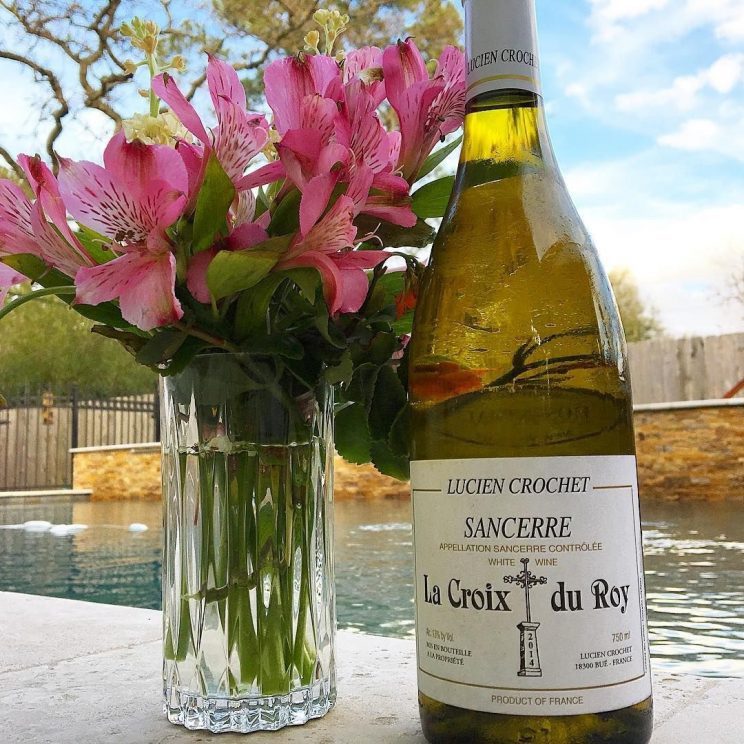
Sancerre and Pouilly-Fumé are known for their chalky, stone soils which give the wines a mineral, almost steely or wet stone characteristic. These wines tend to be dry and high in acidity. We’re talking razor sharp acidity here. Additionally, wines from Pouilly-Fumé often are a bit smoky.
Bordeaux
While the wines of the Loire are known for their bracing acidity, Sauvignon Blanc from Bordeaux tends to see some oak aging (but usually more subtle than New World versions) resulting in wines that are a bit fuller bodied and richer. In Bordeaux, Sauvignon Blanc is often blended with Sémillon which takes the edge off the acidity in the wine. So you’re left with a wonderful balance of acidity and creaminess. When looking for a Bordeaux Blanc, wines from Pessac-Léognan and Graves are always a sure bet.
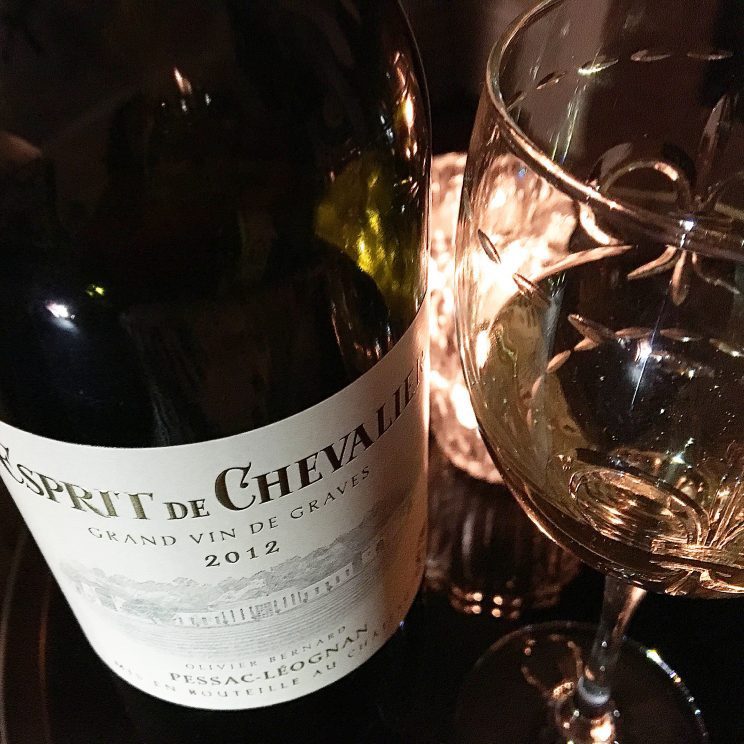
However, don’t overlook the wines from Bordeaux’s Entre-Deux-Mers appellation as these wines are often a bargain and delicious to boot. This Chateau Marjosse Blanc from Entre-Deux-Mers was around $12 and is made by winemaker Pierre Lurton, who also makes the famous (and quite expensive Cheval Blanc) as well as manages Chateau D’Yquem of Sauternes royalty.
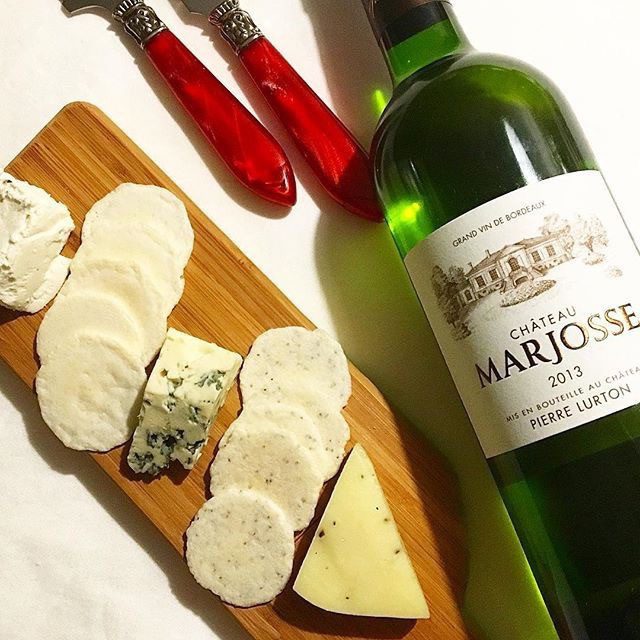
And speaking of Sauternes, while Semillon dominates the blend in these wines, Sauvignon Blanc is blended in to provide freshness and acidity.
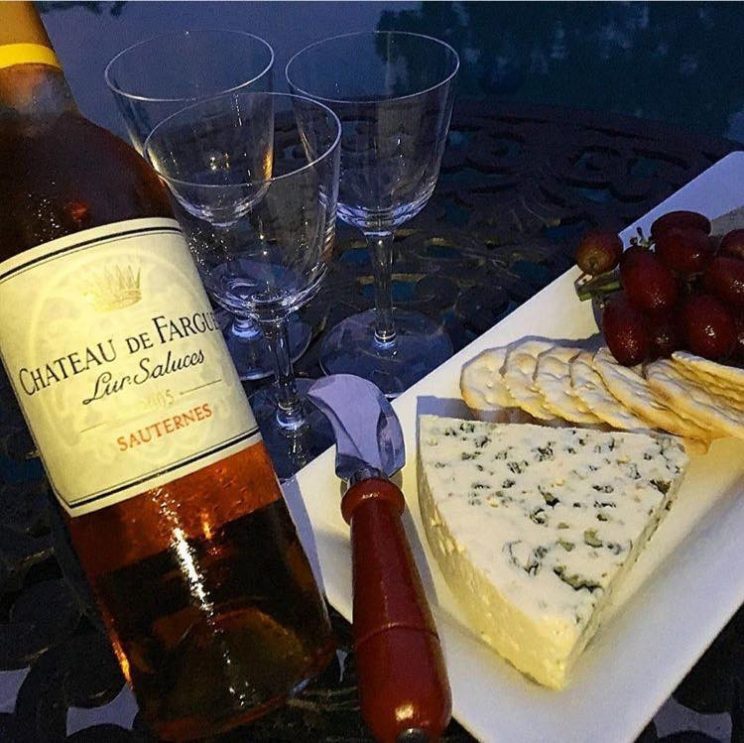
New Zealand
Ah New Zealand. Ask almost anyone what country makes Sauvignon Blanc and most people will immediately say New Zealand. While Sauvignon Blanc may have originated in France, New Zealand put its own mark on the grape and produces a globally beloved wine with high acidity and typical grassy, herbal, grapefruit, and gooseberry flavors. It’s the national grape and they’ve done wonderful things with it.
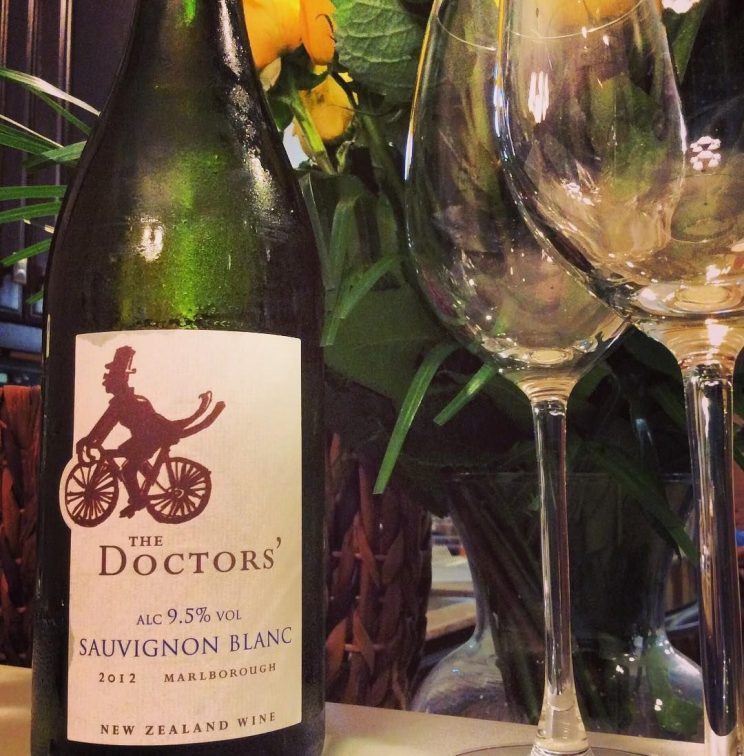
The most famous expression from the country comes from Marlborough. While Marlborough is similarly cool to the Loire Valley, it receives more sunlight resulting in wines that exhibit more fruit flavors.
California
Sauvignon Blanc can certainly be found in Napa and Sonoma. The wines tend to exhibit more tropical fruit flavors with medium acidity (as opposed to the high level of bracing acidity found in NZ and the Loire Valley) as the regions are a bit warmer. The Duckhorn Sauvignon Blanc is considered by some as the state’s gold standard.
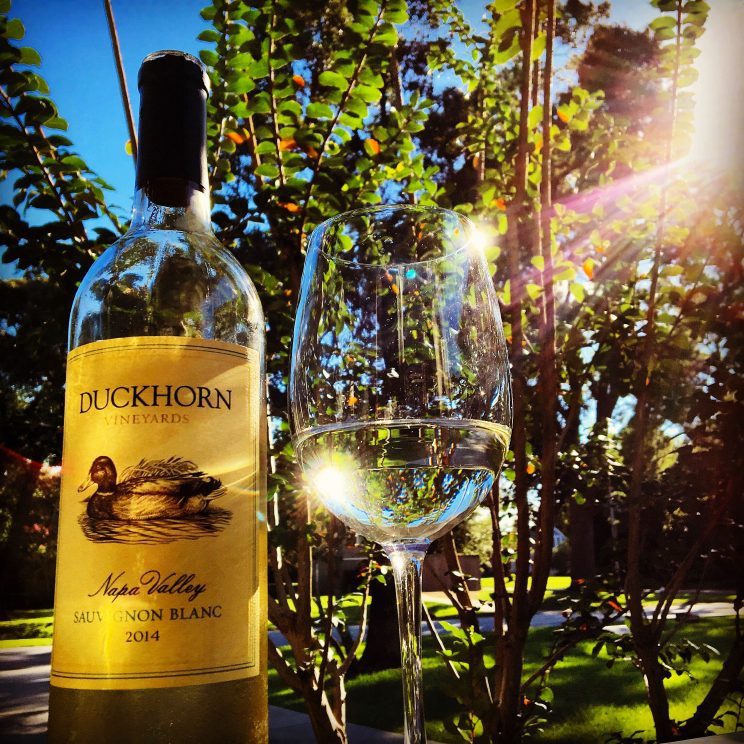
Of course, California is known for its (over) oaking of Sauvignon Blanc too. In fact, California took oak aging to a new level when winemaker Robert Mondavi, whose wines showed significant amounts of oak, created “Fumé Blanc” as a marketing tool. While Fumé Blanc has traditionally been associated with oaky wines, there are some versions now that use the term for wines with no oak. This Dry Creek Sauvignon Blanc is a nice (and affordable) example of a CA Sauv Blanc that is called Fume Blanc but saw no oak aging. Yes, all very confusing.
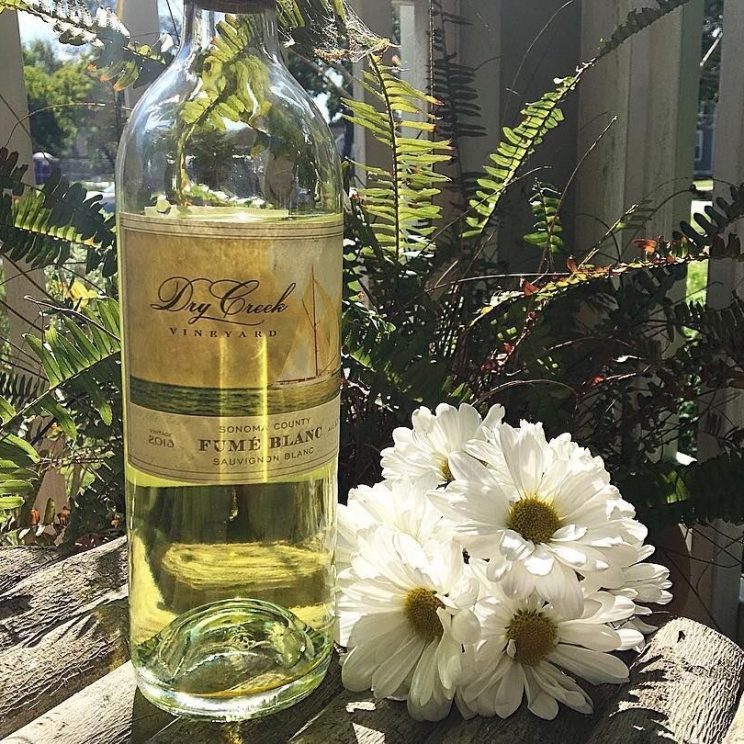
Chile
Chile produces Sauvignon Blanc for just about every style preference, but at a fraction of the price. You can get the racier, acidic versions of the Loire as well as the rounder, more fruit forward versions of California or Bordeaux. If you want grass and citrus, they have it. Tropical fruit? They can do that too. Some of the best versions come from the Leyda and Casablanca regions, but there are also notable versions from the Central Valley including this Viu Manent Reserva Sauvignon Blanc from the Colchagua Valley Zone.
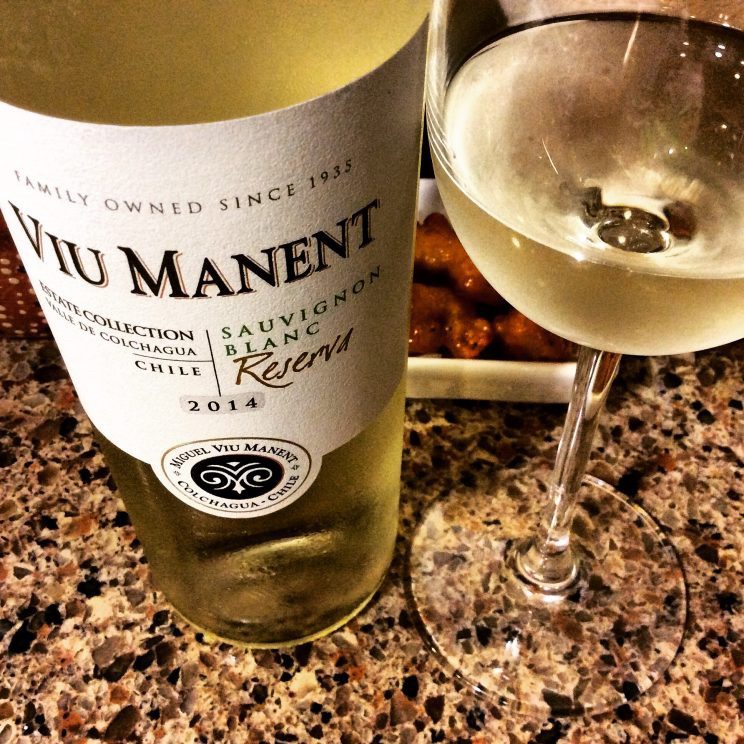
Australia
World-class Sauvignon Blanc is grown in a number of areas in Australia including Adelaide Hills in South Australia and Margaret River in Western Australia. Versions from Adelaide Hills are usually single varietal and while it has the classic vibrant acidity, it also exhibits pronounced fruit flavors. Sauvignon Blanc from Margaret River is typically blended with Sémillon for a fuller bodied Bordeaux style blend.
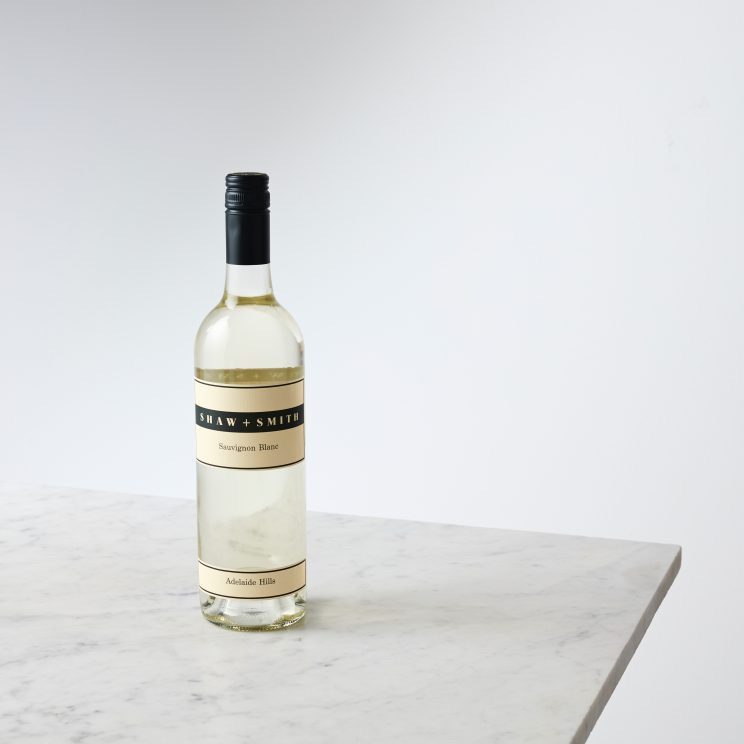
Shaw & Smith is pretty much the benchmark against which other Adelaide Hills Sauvignon Blancs are measured.
South Africa
Most people don’t think of very warm South Africa as a place for cool climate Sauvignon Blanc. But the country creates a significant amount of very good Sauvignon Blanc in the Western Cape area. Winegrowing is possible due to Benguela Current coming up the west coast from Antarctica which brings with it cooking winds off the Southern Ocean and South Atlantic.
A couple of other areas in which Sauvignon Blanc is grown include Central Spain and Northeastern Italy. So drink up and toast International Sauvignon Blanc Day.
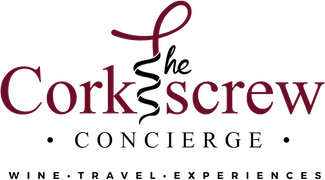
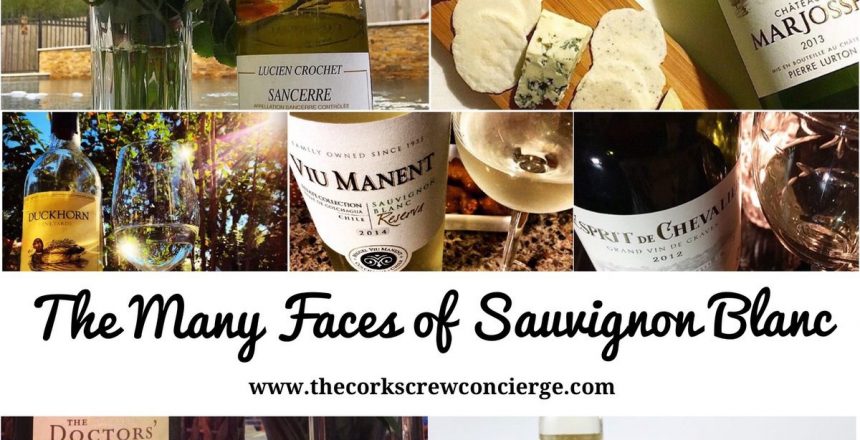
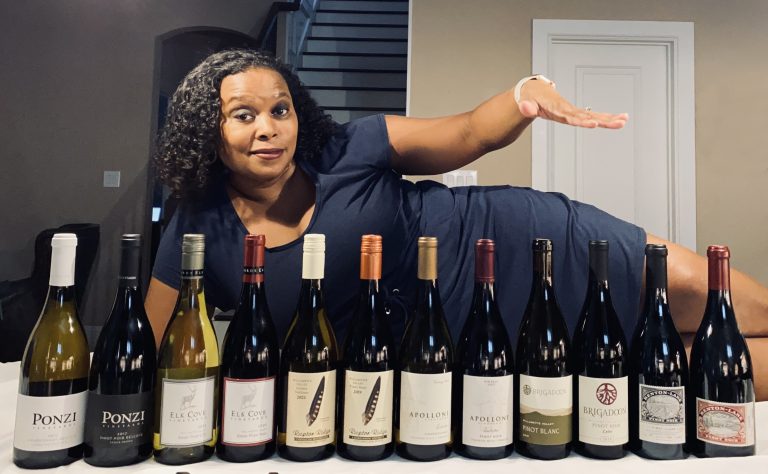
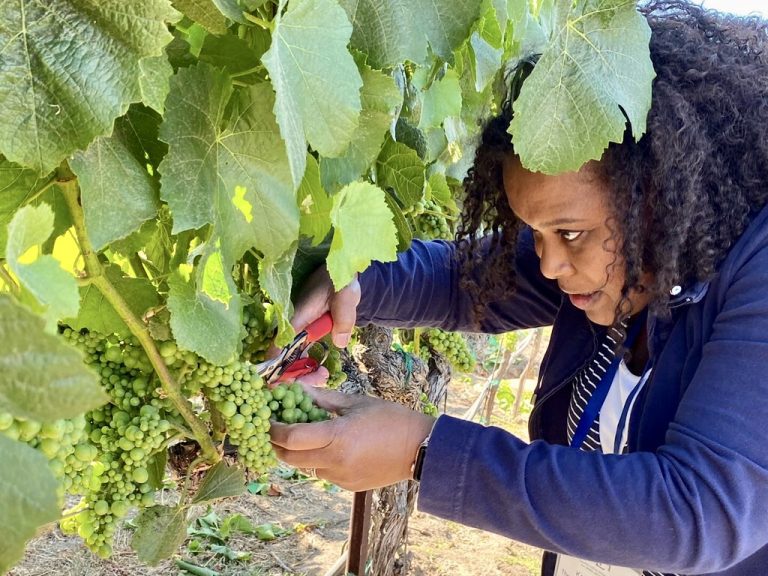
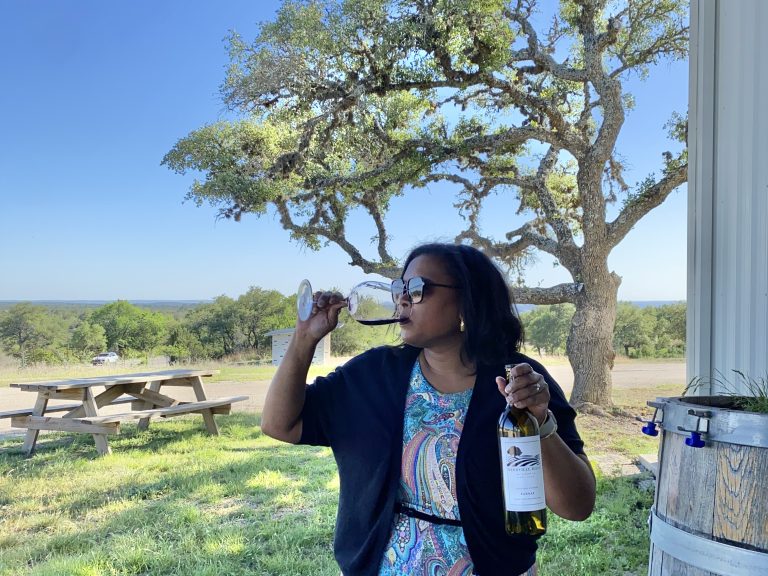

No Comments